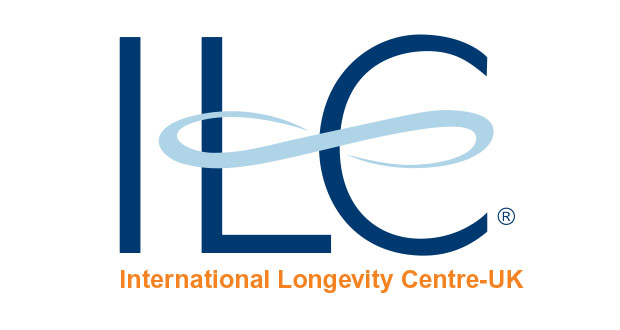Nearly 80,000 Care Staff Could Be At Risk As Brexit Fuels Uncertainty About Status Of EU Workers
 Care services for elderly and disabled people could be at risk because nearly 80,000 workers in the sector in England don’t have British citizenship and could lose their right to work in the UK following the vote for Brexit.
Care services for elderly and disabled people could be at risk because nearly 80,000 workers in the sector in England don’t have British citizenship and could lose their right to work in the UK following the vote for Brexit.
That’s the warning from new research by Independent Age, the older people’s charity, and the International Longevity Centre-UK (ILC-UK). It says the risk is made worse because of failures to recruit enough British-born workers to meet the increasing demands of an ageing population.
Based on an analysis of population figures from the ONS and workforce data from the National Minimum Data Set for Social Care other key findings in the report include:
- Workers from the EEA now make up the great majority of migrants coming to England to work in adult social care each year.
- Over 80% of migrants coming to England to work in social care so far in 2016 come from the EEA.
- Of the almost 84,000 EEA migrants in the social care workforce, around 78,000 do not have British citizenship.
- In London, around 1 in 9 current social care workers (almost 20,000 people) could be at risk of losing their right to work in the UK and in the South East, around 1 in ten current social care workers (almost 23,000 people).
- In the past ten years, staff turnover rates in social care have increased from 18% to 24.3%, and vacancy rates have increased from 3.5% to 5.1%.
- As the population ages and more people need care, restrictions on EEA workers could add a further 70,000 people to the shortfall of over a million care workers already predicted in the next twenty years.
- Altogether, increased demand and recruitment difficulties could lead to a near doubling of the ‘care ratio’ of care workers to older people, from one worker per 7 older people today, to one worker per 13.5 older people in 2037.
Around 1.43 million people currently work in the adult social care sector in England. Recruitment and retention of staff in the sector is a severe challenge, with both turnover rates and vacancy rates having risen significantly in the past ten years. The social care watchdog the Care Quality Commission has previously warned of the impact of staff shortages on the safety and quality of social care.
Post-referendum the status of EU migrants working in the UK remains unclear and the Prime Minister has yet to guarantee the rights of EU workers. Simon Stevens, the NHS England Chief Executive has called on the Prime Minister Theresa May to let every NHS migrant worker know they are “welcome in this country”. However less attention has been paid to migrant social care workers from the EEA providing vital care and support in the social care system in England.
Independent Age and ILC-UK are calling for government action to:
- Ensure that all EEA migrants currently working in social care in the UK have the right to remain post Brexit.
- Ensure the contribution of future migrant social care workers is recognised in any new approach to migration.
- Take steps to improve the attraction of social care to British born workers, including by ensuring the funding of social care in England.
Simon Bottery, Director of Policy at Independent Age said:
“Care services for elderly and disabled people have come to rely on migrant workers, especially from the European Union, so the consequences could be severe if they are unable to work here in future. As with the NHS, we need to secure the right for these essential workers to remain in the UK. But in the longer term we have to recruit more British born workers to social care and that means making sure that they are well paid, well trained and secure in their jobs. That can’t happen without a commitment to fund the care sector properly.”
Ben Franklin, Head of Economics of Ageing of ILC-UK said:
“As the population ages we are going to need thousands more care workers to support increased need. It’s vital that the government recognises the invaluable contribution of workers from the EU in the care system and takes this into account when considering future models of delivering care. A continual failure to support and enhance the care workforce could result in thousands of frail and older people losing out on the proper care and support that they need.”






